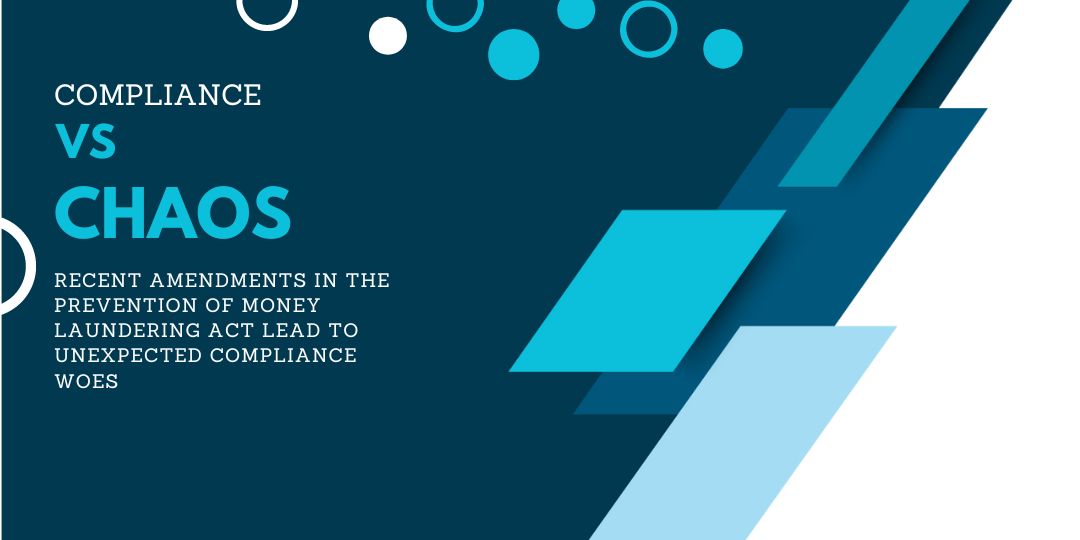COMPLIANCE VS CHAOS: RECENT AMENDMENTS IN THE PREVENTION OF MONEY LAUNDERING ACT LEAD TO UNEXPECTED COMPLIANCE WOES
K. Anupriya Consultant - Corporate Compliance The integrity of the global financial system and societal well-being are recently being seriously threatened by the acts of money laundering, financing of terrorism, and the spread of weapons of mass destruction. The Financial Action Task Force (FATF), founded in 1989, plays a significant role in establishing global standards and implementing practical solutions to stop these illegal acts. The Prevention of Money Laundering Act (PMLA), which India passed in 2002 in accordance with the FATF's recommendations, is a key piece of legislation that guides the nation's efforts to combat money laundering and other associated financial crimes. ...
Continue reading




